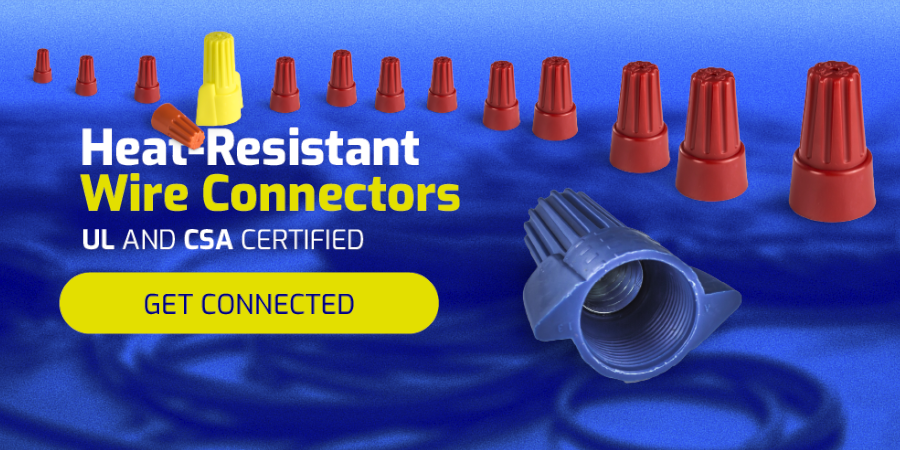In the world of electrical installations and repairs, having the right tools and materials is essential. One such critical component is electrical wire connectors. These connectors play a crucial role in creating secure and reliable connections between wires, ensuring safety and efficiency in electrical systems.
Types of Electrical Wire Connectors: There is a wide range of electrical wire connectors available, each designed for specific applications. Here are some common types:
-
Wire Nut Connectors: These are twist-on connectors used to join two or more wires securely. They come in various sizes to accommodate different wire gauges.
-
Crimp Connectors: Crimp connectors are used with crimping tools to create a permanent connection between wires. They are commonly used in automotive and industrial applications.
-
Terminal Blocks: Terminal blocks provide a convenient way to connect multiple wires to a single point. They are often used in control panels and electrical distribution systems.
-
Butt Connectors: Butt connectors are used to join two wires end-to-end, creating a seamless connection. They are commonly used in automotive and marine wiring.
-
Spade Connectors: Spade connectors have a flat, spade-shaped end that is inserted into a terminal block or screw terminal for connection. They are commonly used in household electrical wiring.
Uses of Electrical Wire Connectors: Electrical wire connectors have a wide range of uses across various industries and applications:
-
Electrical Installations: Wire connectors are used during the installation of electrical systems in buildings, homes, and commercial spaces. They ensure secure and reliable connections between wires, preventing electrical hazards.
-
Automotive Wiring: In the automotive industry, wire connectors are used extensively for connecting electrical components and wiring harnesses. They provide a quick and efficient way to make connections in tight spaces.
-
Industrial Applications: From machinery wiring to control panel installations, electrical wire connectors are indispensable in industrial settings. They help streamline wiring processes and ensure proper electrical connections.
-
Repair and Maintenance: Wire connectors are often used during electrical repairs and maintenance tasks. They allow technicians to quickly replace damaged wires or components without extensive rewiring.
Tips for Using Electrical Wire Connectors: To ensure optimal performance and safety when using electrical wire connectors, consider the following tips:
-
Choose the Right Size: Use wire connectors that are suitable for the wire gauge you are working with. Using connectors that are too small or too large can lead to poor connections.
-
Proper Installation: Follow manufacturer guidelines for installing wire connectors. Ensure that wires are stripped to the correct length and properly twisted before inserting them into the connector.
-
Secure Connections: After making a connection, tug gently on the wires to ensure they are securely held by the connector. Loose connections can lead to electrical issues and safety hazards.
-
Use Insulated Connectors: When working with exposed wires or connections in damp or wet environments, use insulated wire connectors to prevent electrical shocks and corrosion.
Conclusion: Electrical wire connectors are indispensable components in electrical systems, providing secure and reliable connections for various applications. By understanding the types, uses, and tips for using wire connectors, you can ensure efficient and safe electrical installations and repairs.






















































